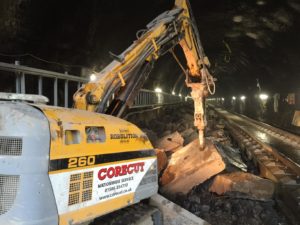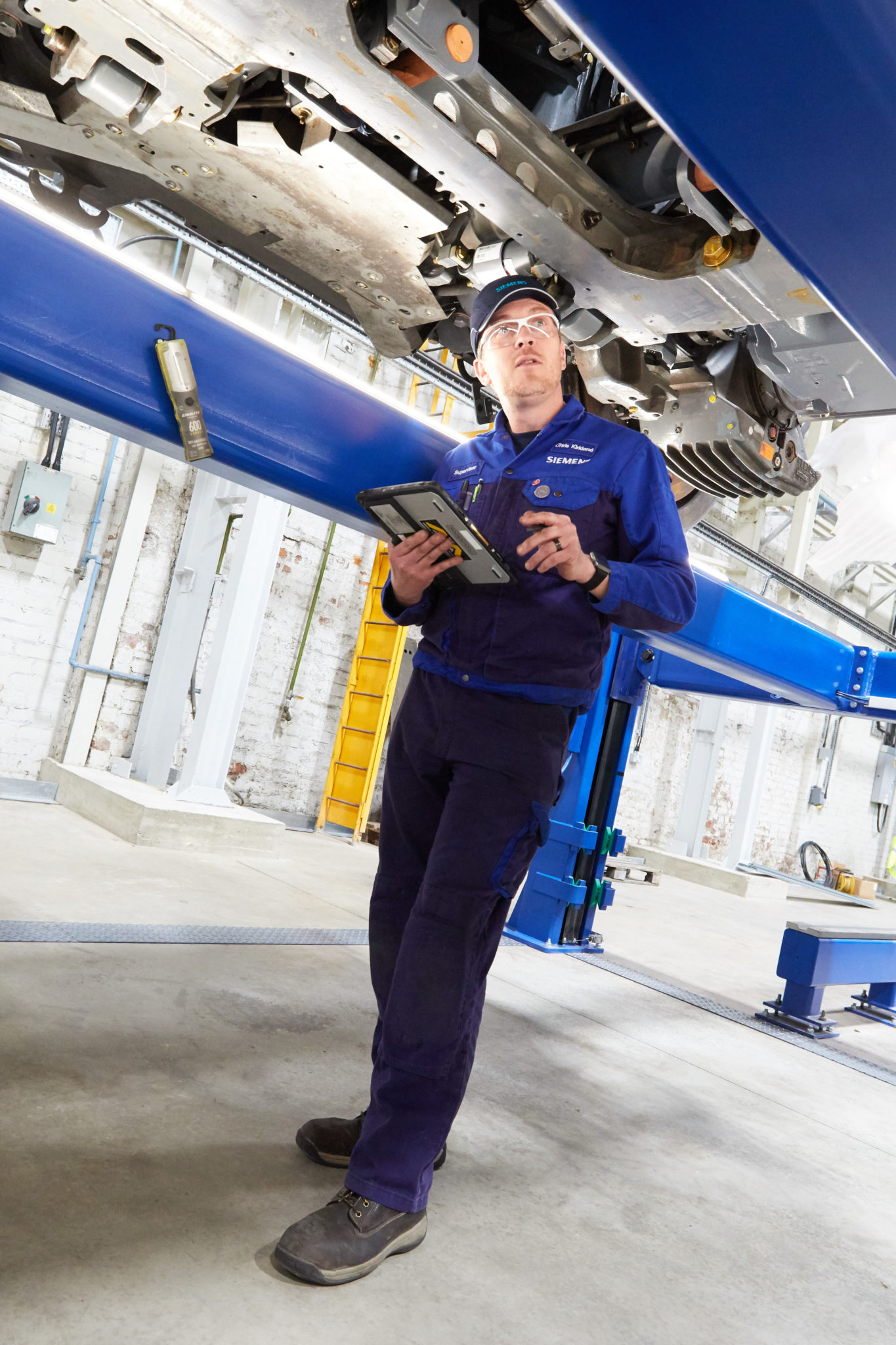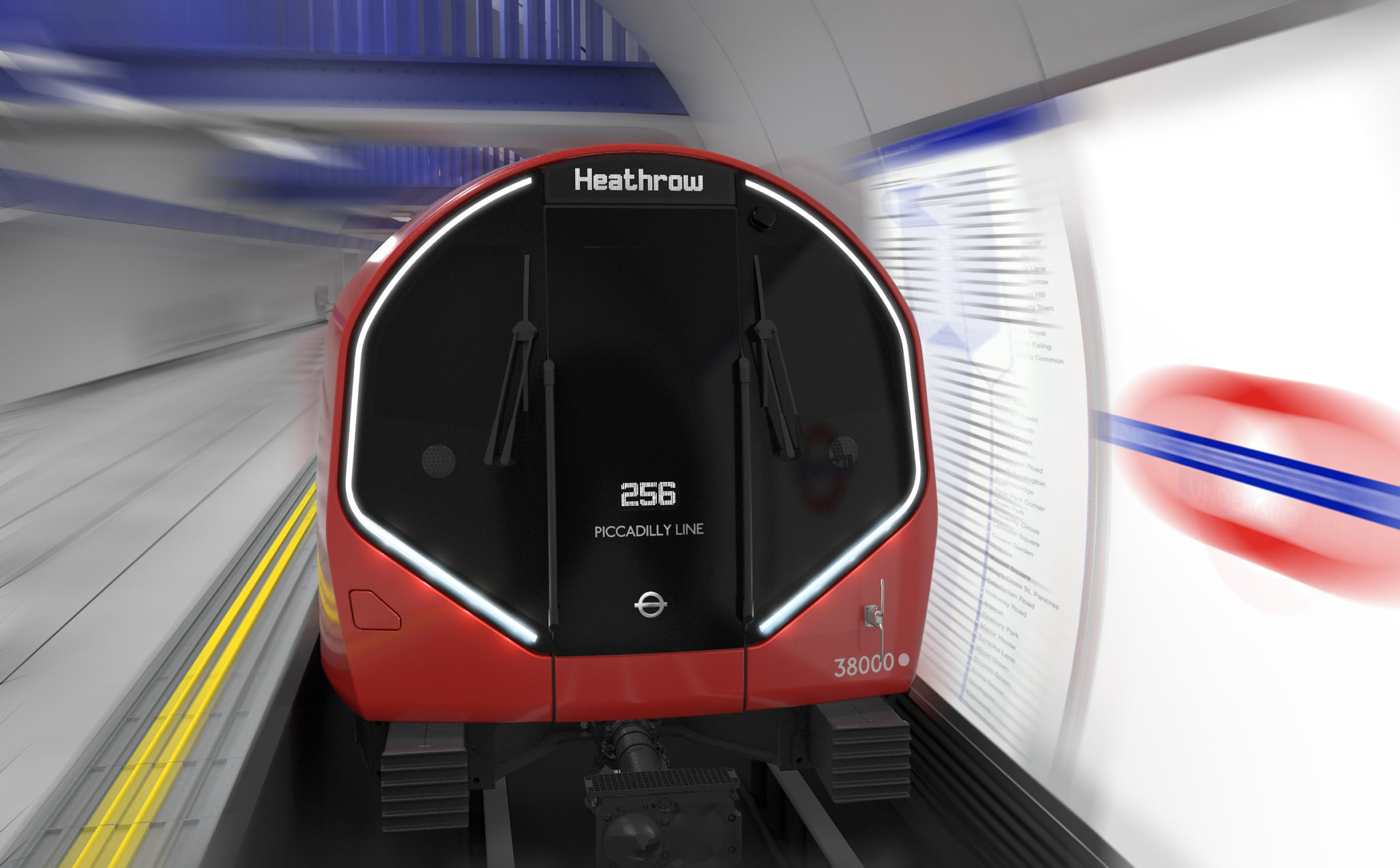Essential infrastructural work on Glasgow’s Queen Street Station tunnel upgrade has been achieved by diamond drilling specialists, Corecut, within budget and ahead of schedule.

The £60million tunnel upgrade is thought to be the most notable accomplishment in engineering along the Edinburgh-Glasgow line in 170 years. In a particularly testing rail environment, Corecut was confident in delivering success.
Corecut – Construction Services
Renowned for delivering large-scale work on Scottish construction projects for the past 35 years, Broxburn-based Corecut were tasked with the removal of 10,000 tonnes of concrete slabs as the station’s tunnel underwent momentous updates. Story Contracting, who were awarded the track-slab replacement contract for the Edinburgh to Glasgow Improvement Programme, considered Corecut to be the ideal partner for the highly complex work.
The work included diamond drilling and concrete floor sawing in challenging, time-critical tunnel conditions. It turned out to be the largest diamond drilling project in Scotland yet, at a contract value of £1.25million.
Glasgow’s Queen Street Station Tunnel Upgrade
The project commenced on 20 March, where works were carried out 24 hours a day, 7 days a week, before drawing to a close on 26 June – 6 full days ahead of schedule without a single lost time incident. Corecut was involved from the beginning, contributing to the planning of the project nearly two years preliminary to the works.
The company broke the project down into clear stages: the first phase being pre-blockade works, which included the diamond drilling of almost 8,500 112mm diameter x 500mm deep holes. This allowed the subsequent use of hydraulic bursting equipment to crack the slab, and 2,750 metres of tracksaw cutting to separate the concrete slab track from the walls.
The second phase was when the main blockade works were undertaken, including longitudinal sawcuts and hydraulic bursting – commencing on 11 April and seeing one of the safest and most efficient methods of removing reinforced or mass concrete, brickwork and natural stone.
Additionally, remote-controlled robolition demolition equipment was utilised to remove 10,000 tonnes of existing concrete, reducing it to smaller sections for manageable removal by train.
Managing Director of Corecut, Finlay Crocker, said:
“The Queen Street tunnel represented a significant challenge for our team, which worked diligently on a 24/7 basis in difficult conditions across almost 100 days from late March to late June.
“With the difficult environment and tight deadline in mind, it is particularly pleasing to us that we were able to complete the work safely, within budget, and nearly a week ahead of schedule, which is testament to the quality and work ethic of those involved.
“We believe that, in doing so, we provided a major boost to the project’s immediate progress in the run-up to the 8 August opening.
“We hope that our contribution to Queen Street lays the foundations for wider success, both for those still engaged on the project, and for the station’s long-term future.
“Quality, precision, and continuous innovation are at the heart of every stage of our operation and represent fundamental parts of our culture as we look to deliver the best possible solutions.”
Location Scheme Project Manager, Eddie Esdale of Story Contracting, said:
“It was a fantastic effort throughout by everyone involved at Corecut.
“A very innovative solution was proposed and delivered, and without it, the project may not have progressed as smoothly as it did. A professional approach from all operatives on site ensured the safe delivery of the works ahead of programme.”
For a full case study of the project please click here.
























